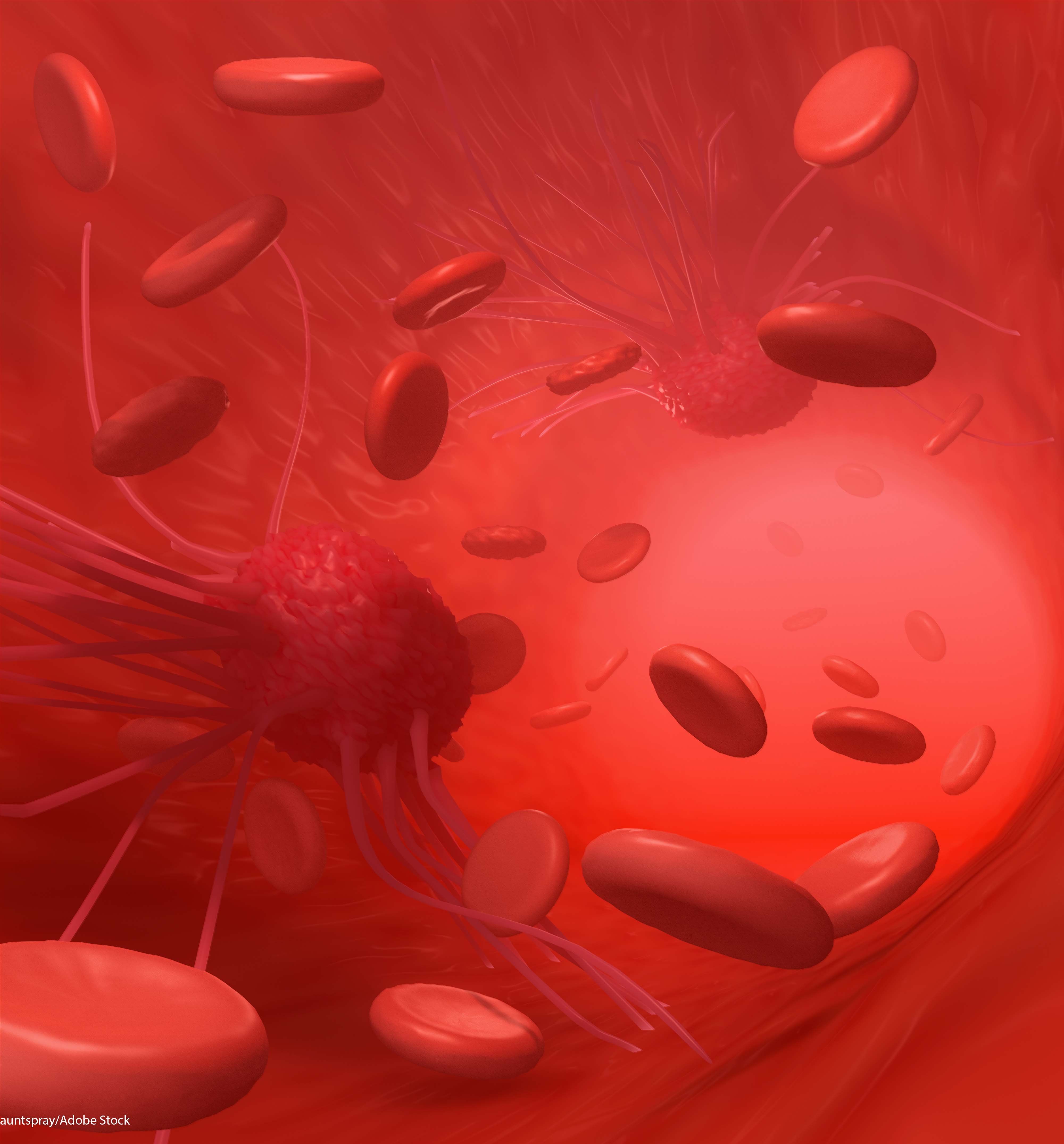
Food and housing insecurity along with other unmet social needs reduced health-related quality of life (HRQOL) in a cohort of hematologic cancer survivors, including survivors of leukemia, lymphoma, and multiple myeloma, according to findings from a study published in Supportive Care in Cancer.
In a respondent population of 53 survivors, those who experienced food insecurity (n = 5) were found to have a worse mean HRQOL score (63.3) vs those who were food secure (87.33; P = .0308). Similarly, survivors who struggled to pay utility bills had a worse mean HRQOL score (53.75 vs 86.27; P <.0001), as did those who experienced housing insecurity (59.5 vs 86.04; P = .1022) and those without reliable transportation to health care providers compared with those who did (53.75 vs 86.27; P <.0001).
Overall, investigators identified a statistically significant inverse association between HRQOL and number of social needs (P = .0004).
“Low-income, racial/ethnic minority, and female-headed households are at greatest risk for food insecurity. In order to buy food or pay for utilities, low-income families may postpone medical care and underuse medicine. Food insecurity is associated with stress, anxiety, depression, and psychological distress,” the investigators wrote.
They continued, “Other important social needs in this patient population included housing insecurity and difficulty paying utility bills…. Low-income, African American, and unmarried adults, women, and younger adults are more likely to report housing insecurity. Patients [with cancer] and cancer survivors may struggle to pay for housing or fall behind on their monthly bills to pay for out-of-pocket medical costs. Housing insecurity increases the likelihood of poorer health and decreased access to health care.”
These data were gathered from a cross-sectional postal survey of a multi-ethnic cohort of 500 survivors who had been treated at the Georgia Cancer Center of Augusta University and who lived in Augusta, Georgia, or the surrounding area. Survivors must have been diagnosed with leukemia, lymphoma, or multiple myeloma and completed primary therapy to be included in the analysis. The response rate was 10.6%.
The mean respondents’ age was 62.6 years. A majority were married (60.4%). Most patients had a high school degree or higher (32.1%) followed by some college experience and no degree (20.8%), a graduate degree (20.8%), a bachelor’s degree (17.0%), or an associate degree (9.4%).
Respondents reported a range of annual household incomes, with most earning between $20,000 to $35,000 (27.3%) and more than $80,000 (27.3%). Most patients were White (68%) and were African American (30%). The vast majority had leukemia or lymphoma (82.2%) rather than multiple myeloma (17.8%).
Investigators employed the Health Leads Social Needs Screening Toolkit to assess social needs, including food insecurity, utility shutoffs, housing instability, and lack of access to health care due to transportation or cost concerns. HRQOL scores were derived using the Functional Assessment of Cancer Therapy-General (FACT-G).
Commonly reported symptoms included pain and lack of energy, which occurred “quite a bit” or “very much” in 25.9% and 31.5% of respondents, respectively. Most reported some satisfaction with their social and family well-being and 27.3% reported some degree of dissatisfaction with their sex life.
Notably, 28% of survivors were unable to work, 27.5% were unable to sleep well, and at least 15% were unable to enjoy life or the things they usually enjoyed. At least half of all patient expressed concern over their ability to meet healthcare costs, to work as much as they used to, or to keep their job.
“When caring for cancer survivors, social needs such as food insecurity and housing insecurity are important considerations for oncologists and primary care providers, especially when caring for patients with lower socioeconomic status and racial/ethnic minorities,” the investigators concluded. “Screening cancer patients and cancer survivors for housing insecurity, food insecurity, and financial distress and referring patients with social needs to community resources are likely to be beneficial.”
Reference
Coughlin SS, Ayyala DN, Stewart JL, Cortes JE. Social needs and health-related quality of life among hematologic cancer survivors. Support Care Cancer. 2022;30(11):8919-8925. doi:10.1007/s00520-022-07281-2
Source link
